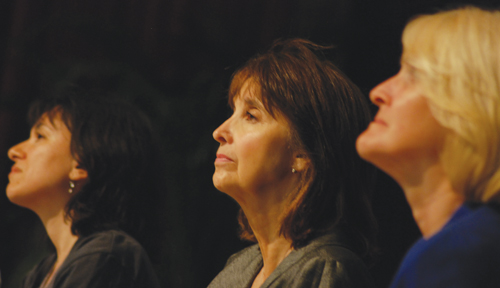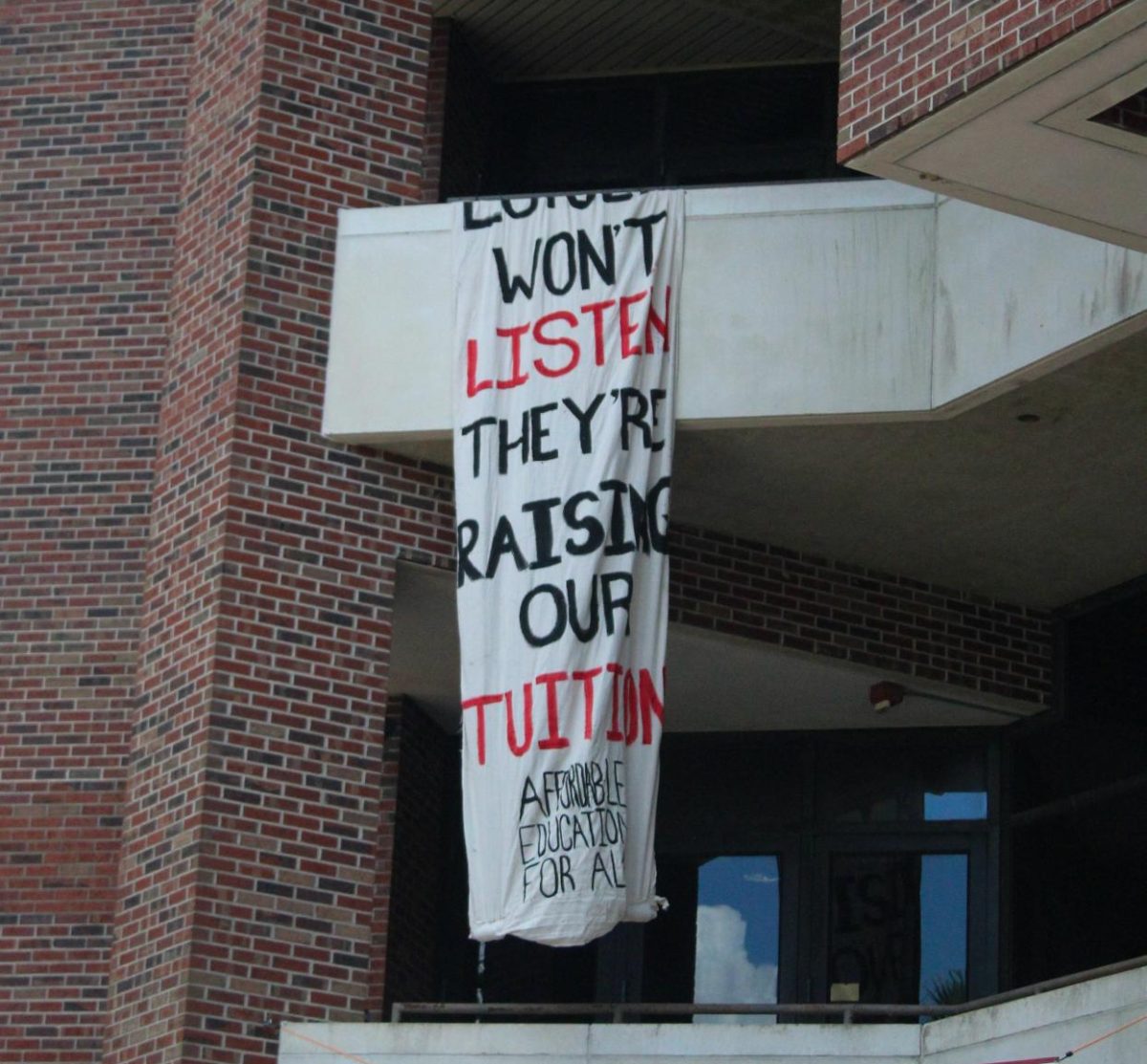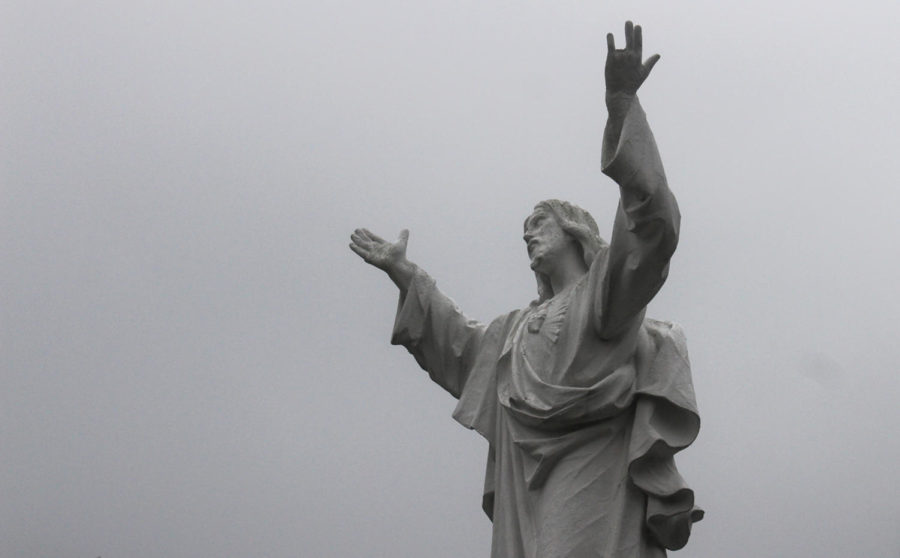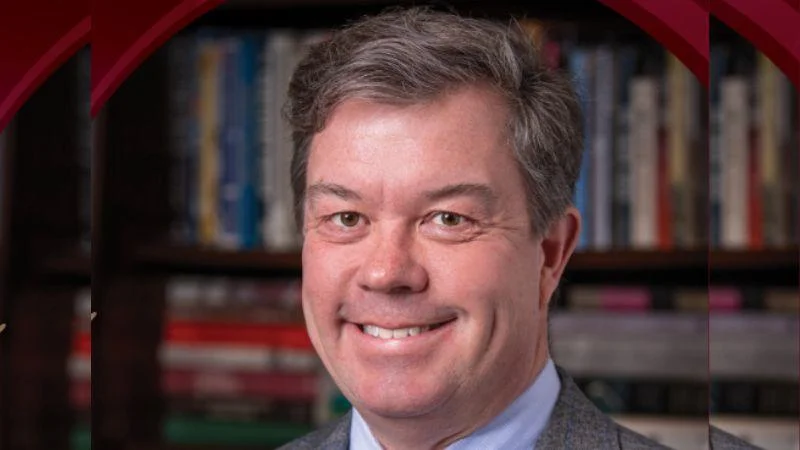It’s been over a year since the oil spill devastated the Gulf and experts say the battle is not yet won unless changes are made, and made soon.
“Five square miles of the coastal marsh have been destroyed,” said Dr. Bob Thomas, director of Loyola’s Center for Environmental Communication and moderator of the Oil and Water: Spotlight on the Gulf forum.
With this loss, the future of Louisiana’s environment is at an even greater risk.
Its culture and ecosystem are heavily rooted and dependent on the wetlands, but more information is revealing that there are other factors also harming Louisiana’s environment, as well as other parts of the world.
Cynthia Sarthou, executive director of the Gulf Restoration Network and one of the expert panelists, focused on the man- made effect harming the coast.
“The wetlands were created by the Mississippi River,” Sathou said. “It was called the “Big Muddy” for a reason. Man moved in and you started to see a lost of those wetlands.”
The man-made canals and levees that were developed for flood protection have caused a problem no one thought possible back then.
“Forty percent to 60 percent of the wetlands have been lost because of the canals indirectly,” Sarthou said.
The natural flow of the Mississippi River has been altered to stay in one spot, and as a result, materials or “spoil banks” have developed that block the flow of fresh water and sediment into certain parts of the wetlands. This is causing the land to sink, losing a detrimental percentage of the wetlands.
Not only is Louisiana’s coast being continually damaged by man-made products, but Virginia Burkett, chief scientist for global change research at the U.S. Geological Survey and a second expert panelist, introduced climate change as another possible threat to Louisiana’s economy.
“The large swings in temperature are because of earth’s orbit,” Burkett said.
The data she presented showed in the years to come, Earth’s atmosphere will spike in temperature, causing ocean temperatures to increase as well.
As a result, hurricane activity will be more prominent than before.
“New Orleans hurricanes are projected to increase,” Burkett said.
Burkett also said that if no action is taken, then this could serve as a huge problem, since the decreasing wetlands are the only barriers Louisiana has at stopping or even slowing down disastrous hurricanes.
Burkett said there are other stressors, such as lower soil moisture, that will lead to more intense and frequent wildfires, water becoming more saline (causing ghost forests from the lack of fresh water filtering through the waterways) and pest outbreaks that could also effect the coast.
Though damage has been done, there is still hope to restore as much of the wetlands and coast of Louisiana.
“We could reduce green house gas emissions and reduce non- climate stressors, like the risk of catastrophic wildfires,” Burkett said.
Sarthou stressed the idea of having oil and gas companies give a percentage of their profits to correcting the problem that is benefiting them.
“The current assualt on our wetlands is not the first,” she said. “We have got to realize that they are a part of this community and they need to help us restore.”
Sable LeFrere can be reached at






